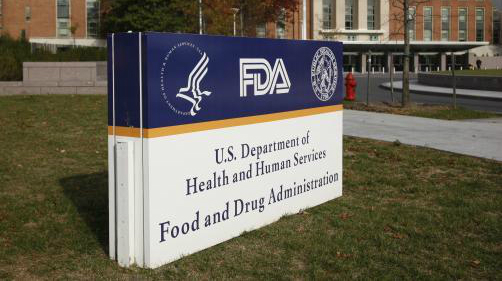Acadia puts blame on FDA as Nuplazid rejected for dementia

Acadia Pharmaceuticals is butting heads with US regulators again, this time over the FDA’s decision to reject its Nuplazid (pimavanserin) for use in dementia-related psychosis (DRP) – with the company bemused by the agency’s apparent pivot on an agreed trial design.
The FDA has rejected the expansion of the drug – originally approved to treat psychosis in Parkinson’s disease patients – by citing a lack of evidence in some dementia subgroups.
Acadia, however, has hit back and said that this view represents an “apparent recent shift in position” by the FDA’s Division of Psychiatry, which had originally agreed with the company that hitting endpoints targeting a broad group of dementia patients would be sufficient for approval.
In a statement, the company said that the HARMONY study had hit these broader endpoints with “robust and persuasive clinical and statistical superiority of pimavanserin over placebo”, adding that “statistical separation by dementia subgroups and certain minimum numbers of patients with specific subtypes were not among the prespecified requirements”.
In its Complete Response Letter (CRL) the FDA said that findings from the study “suggest a differential response to pimavanserin across dementia subtypes, questioning whether ‘dementia-related psychosis’ is a useful construct for a potential indication for pimavanserin”.
“Acadia stands behind the robustly positive results from the pivotal Phase 3 HARMONY study and the prospectively agreed trial design and criteria for establishing efficacy in DRP,” Steve Davis, Acadia’s CEO, said in a statement.
“Over the entire course of the review, the Division did not raise any concerns regarding the agreed upon study design, including the issues raised in the CRL.”
In an investor call, Davis added that he does not believe analysing subgroups of dementia patients is useful for evaluating drugs like Nuplazid, as psychosis is similar across subtypes despite different underlying causes for each kind of dementia.
He also noted that many patients “don’t fall cleanly into a single subtype”.
Davis’ statement notes that the company will immediately request a meeting to work with the FDA to address regulator’s concerns and determine the best path forward for approval.
Nuplazid was first approved in April 2016 for psychosis associated with Parkinson’s disease and accounted for $441.7 million in sales for Acadia last year, a more than 30% increase over the prior year.
It is the company’s only FDA-approved drug, and Acadia has been testing it in other neurological and psychiatric disorders – although it has failed phase 3 trials in schizophrenia and major depressive disorder.
The drug already has a patchy history with US regulators. In 2018 the FDA investigated its safety after reports of patient deaths, but found no new risks, and in 2019 the Department of Justice began probing Acadia’s marketing for the under the False Claims Act.











